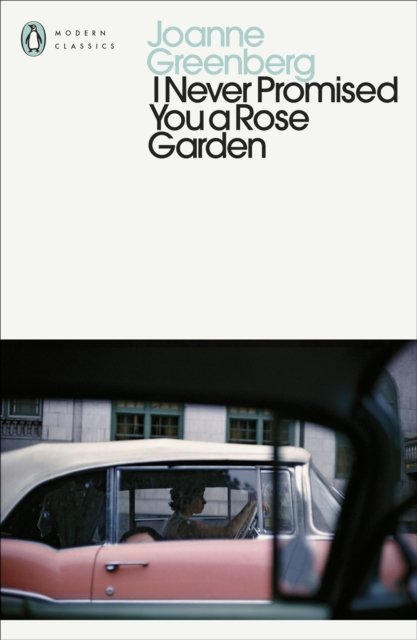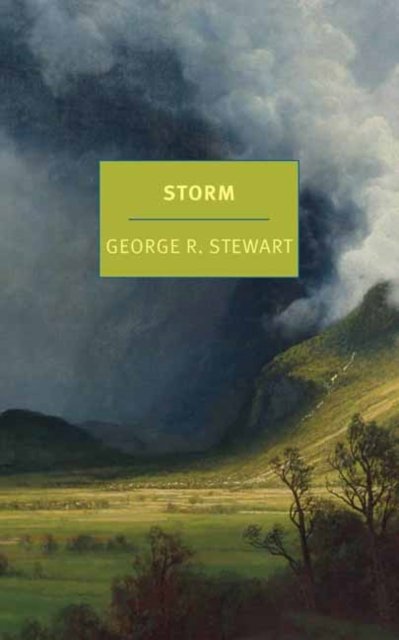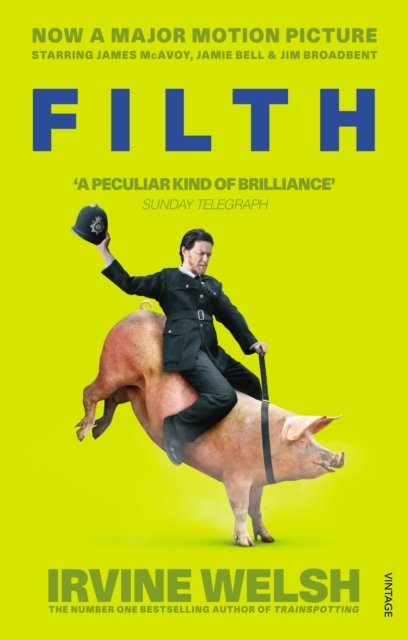Ross’ Bookshelf
Hello, I’m Ross, a bookseller here at Books on the Hill and for me, reading is the most amazing thing, a way to challenge, relax and escape all wrapped into one.
As a kid I consumed books, anything I could get my hands on (Skulduggery Pleasant was perhaps my first love), but, like many others, I feel out with reading for joy over the course of my education and teenagehood. It was during university however, and the many years I spent studying chemistry and working in a lab, that I rediscovered, and embraced, my obsession with books.
On the fiction side of things, I love emotionally charged contemporary stories; the sadder the better! I’m also pushing myself to read more classics, having recently conquered Moby Dick, though, in all honesty, I think it conquered me... With non-fiction, philosophy and spirituality are my go to areas, though I’ve recently dabbled in nature writing, especially anything to do with Scotland. Outside of reading, I spend my time painting and walking outdoors, as well as cooking and, of course, the ensuing eating.
My bookshelf at home is a (very) long list of to-be-read but here, on my digital bookshelf, I wanted to challenge myself by condensing down to a few titles that have stayed with me, long after closing the cover and placing them, with reluctant hands, back on the shelf.
I Never Promised You a Rose Garden by Joanne Greenberg
In my mind, this book sits side by side, sisterly and comfortably in shared darkness, with Sylvia Plath’s The Bell Jar. Inspired by Greenberg’s own experience of Schizophrenia and time under section in a psychiatric hospital, I Never Promised You a Rose Garden, with devastating beauty, leads you head first in the conflict between reality and sixteen year old Deborah Blau’s constructed internal world of Yr, with its own private language and god-like cast of demons that work to keep her safe, or perhaps chained. I was left in awe of Greenberg’s writing and the way she describes the different styles in which Deborah moves between her external and internal worlds, some willing and conscious, like a walk through a field with an old friend, and some horrifying as she is ripped inwardly, falling through this world into the sky of Yr, burning and crashing angelic like a defunct heavenly body. The story is not without hope though, delivered in the form of Deborah’s parents, desperate and steadfast in their resolve for Deborah to get better, and Dr. Fried, Deborah’s psychiatrist, who, with unwavering confidence, sees Deborah in her entirety, illness and person, and works with her to deconstruct Yr from the inside out. A phenomenal, unflinching journey into mental illness, recovery and the, at times overwhelming but ultimately freeing, experience of connection.
Storm by George R. Stewart
When I explain this book to people, as I try to do any time conversation allows, it sounds deceptively simple. The main character is a storm, a big one for that matter, that begins in the mixing of high and low pressure above East Asia and the Pacific Ocean, before moving, with growing intensity and weight, towards the Western coast of the USA, where it breaks over the mountains. There are humans involved along the way but they are not the focus; they serve only to witness the storm, to experience its power in solid sheets of rain and snow, in uprooting wind and dazzling lighting. Stewart’s work is strange, devoid of those qualities traditionally ascribed to successful novels, like emotionally complex characters or action packed plot. I would argue though, that what Stewart presents is genius, even more so for its simplicity. It is the story of a storm, governed not by emotion but by the chaos of the planet’s atmosphere, the unpredictable movement of life sustaining air driven up and down thermodynamic isoclines high above our heads and the flap of an owl’s wing. Sometimes stark and cruel, other times slow and almost tender, Stewart somehow made me fall in love with the storm. In fact, I’ve never looked at clouds the same way since.
Moby Dick by Herman Melville
There is a line in Channel 4’s comedy show Fresh Meat, delivered brilliantly deadpan by Tony Gardner, about Moby Dick - “it’s about a whale and is a bit long” - which is about a simply as you can summarise this leviathan of literature, but endures, at it’s core, as a true statement that always makes me laugh. Moby Dick is in fact about a whale, featuring many detailed chapters of their anatomy and mythology, whilst painting a gruesome landscape of the 18th century whaling industry, rich with blubber and death and blood. Moby Dick is, in fact, also a bit long, reaching it’s tumultuous conclusion after around 700 pages. I set myself the challenge of tackling this beast of a book one summer several years ago. I was working ungodly hours at the Edinburgh Fringe and living alone, which set me up perfectly to go on this journey, both in the physical sense, as the story easily navigates you round the world and, almost, back again, but also in the spiritually sense, as, at its heart, I found Moby Dick to be a story about desperate people trying to find peace only to find the toll was their sanity. Perhaps it was my own desperate search for peace that led me to this book and to spending, almost, every day off I had sitting in the Scottish summer sunshine completely and totally engrossed, hanging on Melville’s every word. My advice is to surrender yourself to the whale, in all its enormity, and let Melville take you on this dark and twisted voyage. It is a pillar of fiction for a reason and you owe it to yourself to experience every visceral detail.
Filth by Irvine Welsh
This book made me recoil in horror and fear at what the inside of Welsh’s mind must be like and is 100% not for the faint hearted or easily disturbed, featuring abuse of, I think almost, every kind and rife with racist, sexist and homophobic, all round horrible, prejudiced, characters. I had read Trainspotting just before and, studying in Edinburgh at the time, it felt only fitting to continue down the drug-speckled rabbit hole. At the bottom, in the dark, dark depths, I found Filth and was never the same again. This ungodly story follows detective sergeant Bruce Robertson as he attempts to get a promotion at work, which he believes will bring his wife back to him and their marriage. In this rage and paranoia fuelled process, Bruce looses his mind, delving deeper in alcoholism, drugs, sexual abuse, and, for good measure, picks up a tapeworm. I was not prepared for the most likeable and mentally stable character in this story to be the tapeworm growing inside Bruce’s intestines, and their (not entirely sure what pronouns most accurately describe the tapeworm) philosophical rants on life and humanity were the only, and essential, reminders throughout this horrid story that what is happening is not normal. The tapeworm, in that way, is the most human aspect of the story, somehow your closest, and only, companion in this twisted world. I don’t think I can, even if I wanted to, forget Filth. As much as the story and characters are devoid of humanity and compassion, the end, for me, was emotionally devastating in a way I did not see coming. It clicked, I gasped, and was fundamentally changed. Praise, and maybe concern, for the monstrous and vile and ingeniously experimental storytelling of Irvine Welsh!
If you would like to purchase any of these books you can order them by clicking here.




